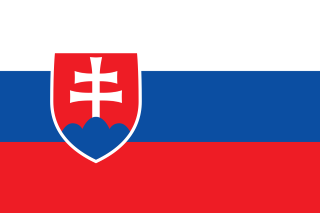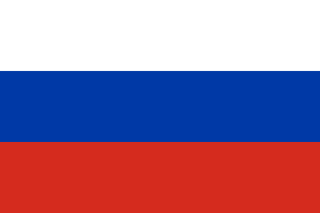| Place of Conference: Bratislava |
| Date of Conference: October 8 – 10, 2014 |
| Responsible Person: Katarína Žeňuchová |
| Organizers: Jan Stanislav Institute of Slavistics of Slovak Academy of Sciences, Centre of Excellence SlovSlav of Slovak Academy of Sciences |
The Conference is scheduled within the project solution of Centre of Excellence SlovSlav History of Slovak Slavistics in 19th -20th Century (Persons of Slovak National Revival / Anton Bernolák, Pavol Jozef Šafárik, Ján Kollár, Ľudovít Štúr, Pavol Dobšinský, Jonáš Záborský / + Ján Stanislav – their activity and work in the European context).
Conference aims to introduce key persons of Slovak cultural life, who have influenced not only development of Slovak Slavistics, linguistics and literature, but their work is related to the oldest phases of collection, publication and also formation of first theoretical sights to the folktale. Key persons of Slovak revival group of 19th century (P. Dobšinský, A. H. Škultéty, J. Rimavský, J. Botto, J. Kalinčiak) with their collecting, publishing and theoretical activity in the field of popular prose contributed to the formation of Slovak folklore history, Slovak literature and culture in general. Papers will principally focus on confrontation and comparison of romantic concepts and bases of P. Dobšinský with collecting activities in the other national contexts with an emphasis on the diachronic aspect, on relation between authentic folkloristic record and its artistic performance in the genres of popular prose (primarily folktale).
One day of conference will be devoted to the Slavic cultural-historical and religious space in the interactions of Christian and pre-Christian traditions, to the popular religious conceptions and rituals in the context of Christian theology, to hagiographic texts of Latin and Byzantine tradition in the folk and confessional context and also to popular “practices” and pagan-Christian syncretism in the present contexts.








